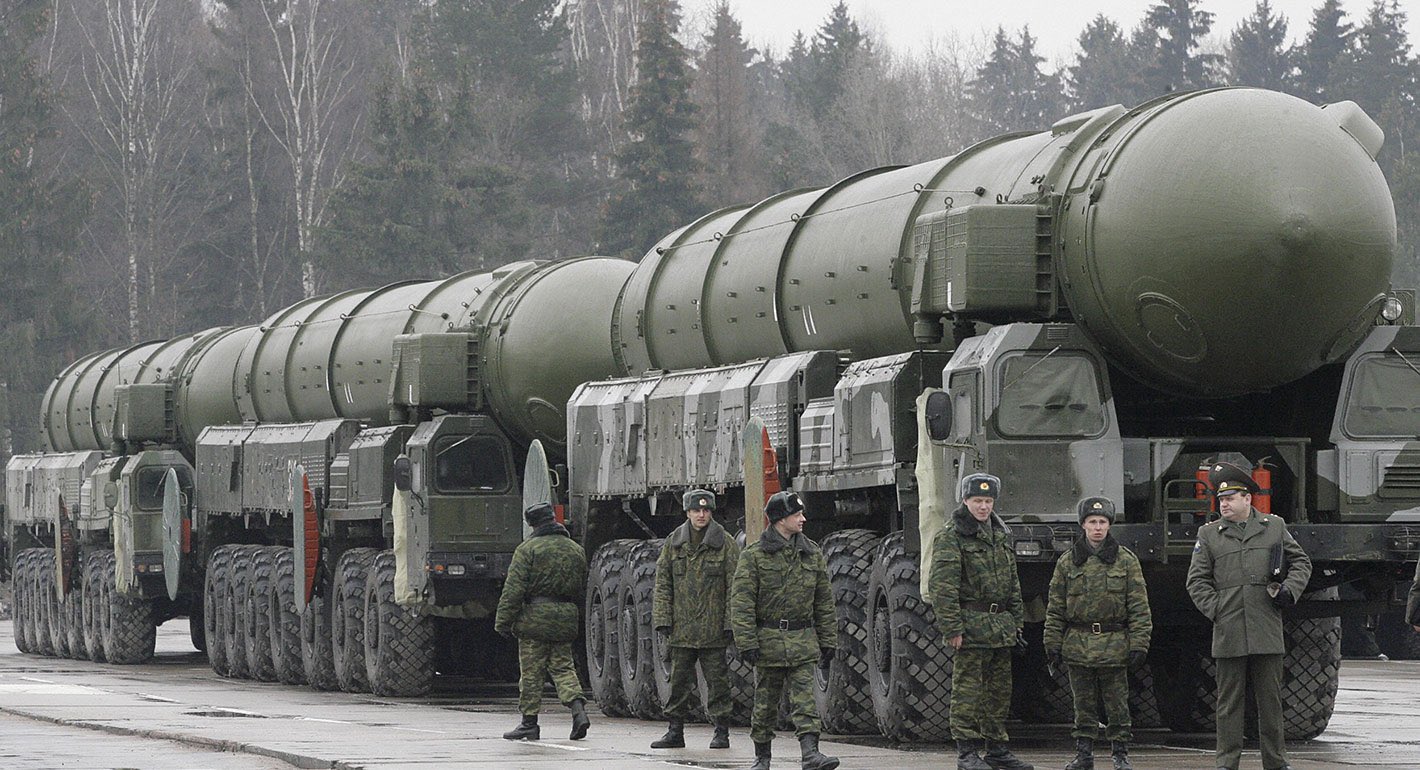


For weeks now, the Russian army’s build-up around Ukraine’s borders has been one of the world’s biggest news stories. Many of us have watched it without much interest, but Indians should be very concerned about how that story plays out. For, the geopolitical repercussions could affect our national security.
The most obvious impact is that the Western media has been glued to that story, even while war has only been a possibility. In case war does break out, as has seemed more likely since mid-February, that overwhelming focus will sharpen. Other conflicts could consequently be sidelined.
Already, the Western press has taken scant interest in the Chinese army’s build-up along India’s long eastern border—although it is similar to Russia’s around Ukraine, and has been in place for almost two years now.
If war were actually to break out in Ukraine, and if China were then to ramp up its aggressiveness against India, the Western media might not take much notice of the latter news story in its preoccupation with the former. Ergo, there would be even less of a global response than there already has been.
A similar scenario had played out 60 years ago. China escalated border skirmishes into full-scale war against India in Ladakh and Arunachal just when the Cuban missile crisis unfolded, mesmerising the world with the prospect of nuclear war between the two superpowers of that time.
Standing aloof
In analysing the implications of war in Ukraine on China, Western analysts have focused on Taiwan rather than India. Some have attributed Indian silences on the Ukrainian situation to India’s long friendship with Russia rather than its current strategic interests.
The fact is that, in light of its own border context, India did right to abstain from the UN Security Council vote on whether the Council should discuss the Ukraine crisis. The US, which sought that discussion, had shown little concern for India’s interests, both in Afghanistan, and regarding China’s aggression.
On the other hand, India needs Russia to exercise a restraining influence on China, since the two have a close strategic relationship. On Friday, Russia welcomed India’s “balanced, principled and independent approach” at the UN.
India has urged intensified diplomatic negotiations to resolve the issues between Russia and NATO. While the US and the UK have been threatening a major slew of sanctions if Russia invades Ukraine, Germany and France have taken more nuanced positions, somewhat more accommodative of Russia.
Perhaps it was at least partly a result of India’s noncommittal stance on the Ukraine issue that the US came out pretty boldly about China’s aggression against India. The document, on US strategy in the Indo-Pacific, was released almost a fortnight after the UN vote.
Delicate tightrope walk
However, India must weigh with extreme care every stand it takes on the set of issues around Ukraine. For, while India can go along with Russia’s unwillingness to have NATO expand right up to its border—by admitting countries like Ukraine—India must be very cautious about appearing to back Russia’s possible recognition of the Ukrainian areas of Donetsk and Luhansk as independent. Russia’s Duma (Parliament) has formally requested President Putin to do that.
India cannot afford to turn a blind eye if that happens. For, that could become a precedent for other countries in case some such move was to occur regarding any portion of India’s territory.
It is well known that China wishes to include Arunachal and parts of Ladakh as its territories. Further, it could potentially join other countries to also make declarations regarding other areas in India. The Indian government must remain on a firm footing to argue in global fora against that sort of possible eventuality.
Russia’s double-edged objectives
Russia’s near-siege of Ukraine is not simply a major play on the chess board of Eastern Europe—although it is that. It is also about reasserting Russia’s position as a global power. While most Indian strategists have convinced themselves that China is only trying to vigorously claim its long-held positions about the Sino-India border, it is very possible that China too wishes to assert global might by humiliating India again.
Russia’s objectives have elements of both push and pull. On the one hand, it wants to keep NATO away from what it considers its front-yard. On the other, it would like to take back under its sway some areas that were part of the Soviet Union.
The Donetsk and Luhansk People’s Republics, which are technically within Ukraine but totally controlled by Russia, are at the centre of the shelling that erupted a couple of days ago. If the Ukrainian government responds to the shelling, Russia could send in troops on the argument that they are protecting those semi-independent republics—at their invitation.
Going by reports, talks between Russian foreign minister Lavrov and US Secretary of State Blinken seem to have focused mainly on NATO’s potential expansion eastward, rather than the possibility that Russia might annexe (or declare independent) more parts of Ukraine. (It already took the Crimean peninsula from Ukraine in February 2014.)
Russia has sought guarantees that NATO will not expand in its direction, and also that it will remove weapons systems from eastern Europe. India can accept that, unless its strategists should choose to strategically attach India firmly with the West.
However, the irredentism that might lurk behind Russia’s current moves should worry Indian policymakers, for that casts a long shadow over our borders. The government’s stand (or silence) on that must not risk weakening the country’s stands regarding its territories.